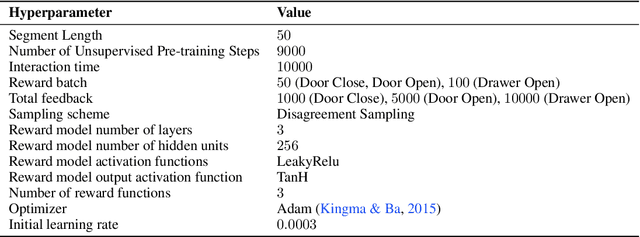Xinran Liang
IC-Effect: Precise and Efficient Video Effects Editing via In-Context Learning
Dec 17, 2025



Abstract:We propose \textbf{IC-Effect}, an instruction-guided, DiT-based framework for few-shot video VFX editing that synthesizes complex effects (\eg flames, particles and cartoon characters) while strictly preserving spatial and temporal consistency. Video VFX editing is highly challenging because injected effects must blend seamlessly with the background, the background must remain entirely unchanged, and effect patterns must be learned efficiently from limited paired data. However, existing video editing models fail to satisfy these requirements. IC-Effect leverages the source video as clean contextual conditions, exploiting the contextual learning capability of DiT models to achieve precise background preservation and natural effect injection. A two-stage training strategy, consisting of general editing adaptation followed by effect-specific learning via Effect-LoRA, ensures strong instruction following and robust effect modeling. To further improve efficiency, we introduce spatiotemporal sparse tokenization, enabling high fidelity with substantially reduced computation. We also release a paired VFX editing dataset spanning $15$ high-quality visual styles. Extensive experiments show that IC-Effect delivers high-quality, controllable, and temporally consistent VFX editing, opening new possibilities for video creation.
ALP: Action-Aware Embodied Learning for Perception
Jun 16, 2023



Abstract:Current methods in training and benchmarking vision models exhibit an over-reliance on passive, curated datasets. Although models trained on these datasets have shown strong performance in a wide variety of tasks such as classification, detection, and segmentation, they fundamentally are unable to generalize to an ever-evolving world due to constant out-of-distribution shifts of input data. Therefore, instead of training on fixed datasets, can we approach learning in a more human-centric and adaptive manner? In this paper, we introduce \textbf{A}ction-aware Embodied \textbf{L}earning for \textbf{P}erception (ALP), an embodied learning framework that incorporates action information into representation learning through a combination of optimizing policy gradients through reinforcement learning and inverse dynamics prediction objectives. Our method actively explores complex 3D environments to both learn generalizable task-agnostic representations as well as collect downstream training data. We show that ALP outperforms existing baselines in object detection and semantic segmentation. In addition, we show that by training on actively collected data more relevant to the environment and task, our method generalizes more robustly to downstream tasks compared to models pre-trained on fixed datasets such as ImageNet.
Reward Uncertainty for Exploration in Preference-based Reinforcement Learning
May 24, 2022



Abstract:Conveying complex objectives to reinforcement learning (RL) agents often requires meticulous reward engineering. Preference-based RL methods are able to learn a more flexible reward model based on human preferences by actively incorporating human feedback, i.e. teacher's preferences between two clips of behaviors. However, poor feedback-efficiency still remains a problem in current preference-based RL algorithms, as tailored human feedback is very expensive. To handle this issue, previous methods have mainly focused on improving query selection and policy initialization. At the same time, recent exploration methods have proven to be a recipe for improving sample-efficiency in RL. We present an exploration method specifically for preference-based RL algorithms. Our main idea is to design an intrinsic reward by measuring the novelty based on learned reward. Specifically, we utilize disagreement across ensemble of learned reward models. Our intuition is that disagreement in learned reward model reflects uncertainty in tailored human feedback and could be useful for exploration. Our experiments show that exploration bonus from uncertainty in learned reward improves both feedback- and sample-efficiency of preference-based RL algorithms on complex robot manipulation tasks from MetaWorld benchmarks, compared with other existing exploration methods that measure the novelty of state visitation.
 Add to Chrome
Add to Chrome Add to Firefox
Add to Firefox Add to Edge
Add to Edge